30 years of True Romance
by Laura Martínez
“You’re so cool, you’re so cool…” said Alabama lying on the beach during her final monologue in this cult classic, which passed unnoticed for many years as the great forgotten film in Tarantino’s filmography. We celebrate the 30th anniversary of the release of True Romance – translated into Spanish as ‘Amor A Quemarropa’- with an exhaustive analysis of the factors that make this our favourite film written or directed by this Tennessee-born genius.
True Romance would have been titled ‘My Best Friend’s Birthday’, but it ended up being Tarantino’s first-ever film. He sold the screenplay of True Romance to legendary film director Tony Scott (Top Gun, Beverly Hills Cop II) for 50,000 dollars to finance his debut feature film, ‘Reservoir Dogs.’ The star-crossed love story of Clarence and Alabama was a breakthrough for the director as it was his first screenplay for a major movie. Tarantino said it is his most autobiographical film.
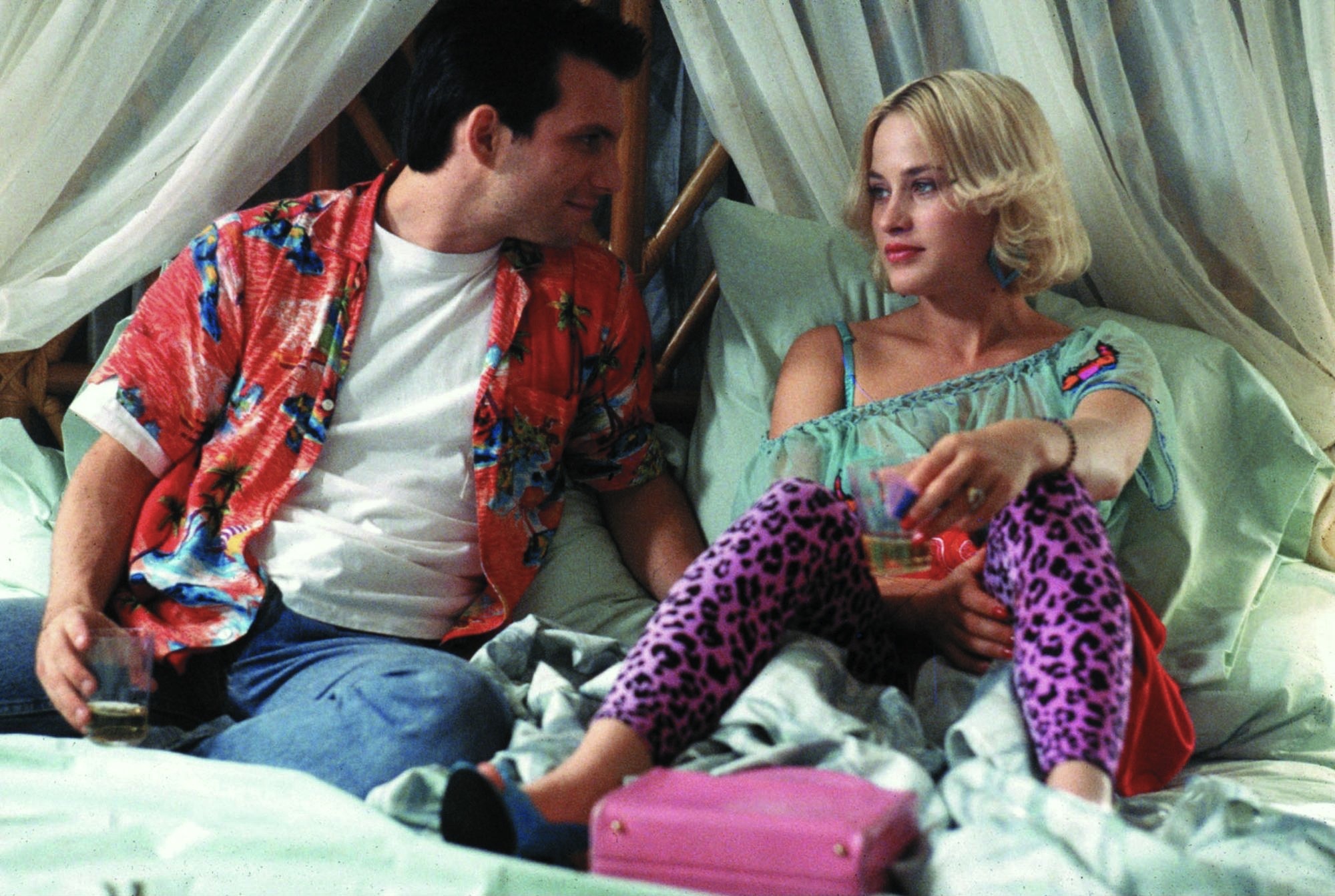
Throughout the 120-minute plot, we find unmistakable connectors that recur in Tarantino’s filmography, like flashbacks, personality traits and imagination. This is the case with Dennis Hopper’s character, ex-cop and Clarence’s father, in the mythical “Sicilian” scene in his monologue with Christopher Walken. Pure Tarantino.
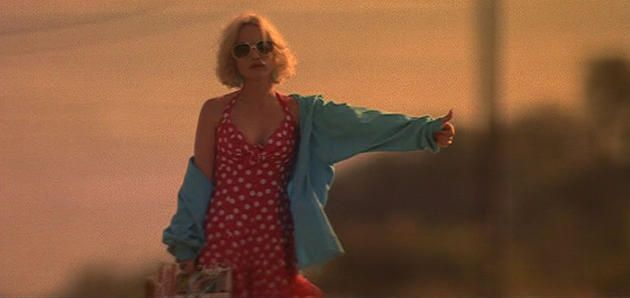
Although Tarantino was not initially happy with the film’s end, he has since said that Scott’s ending was more consistent with the film as a whole. Time has given this story its deserved place among the great films of American cinema. The soundtrack by Hans Zimmer and the stellar cast of Christian Slater as Clarence and Patricia Arquette as leads and a fantastic array of actors: Brad Pitt, Gary Oldman, Dennis Hopper, Christopher Walken, Val Kilmer, James Gandolfini and Samuel L. Jackson.
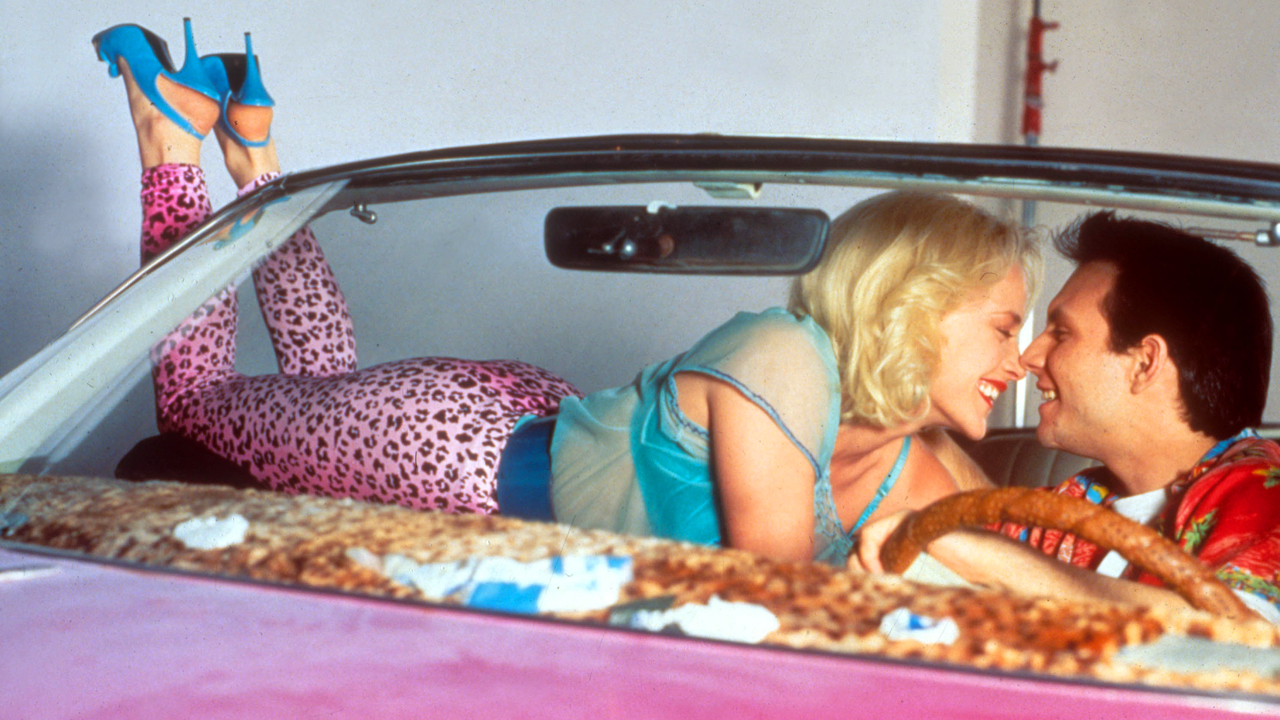
A year after the film’s release, Tarantino shocked the world with ‘Pulp Fiction’ -probably his best film – with which he won the Oscar for Best Original Screenplay, the Palme d’Or at Cannes and the respect of an industry that rolled out the red carpet for him.
What we owe to True Romance is much more than the first glimpse of Tarantino’s style. It is an original, funny, tough, dramatic, personal, and surprising story that lays the seed of some of the most indelible movies of the last three decades. Furthermore, we owe him Pulp Fiction, one of the greatest works of art cinema has ever produced, created by a man who asserts that he will retire his tenth and last film, ‘The Movie Critic’, rumoured to be based on the figure of Pauline Kael, the most feared Hollywood critic of the 60s, 70s and 80s.
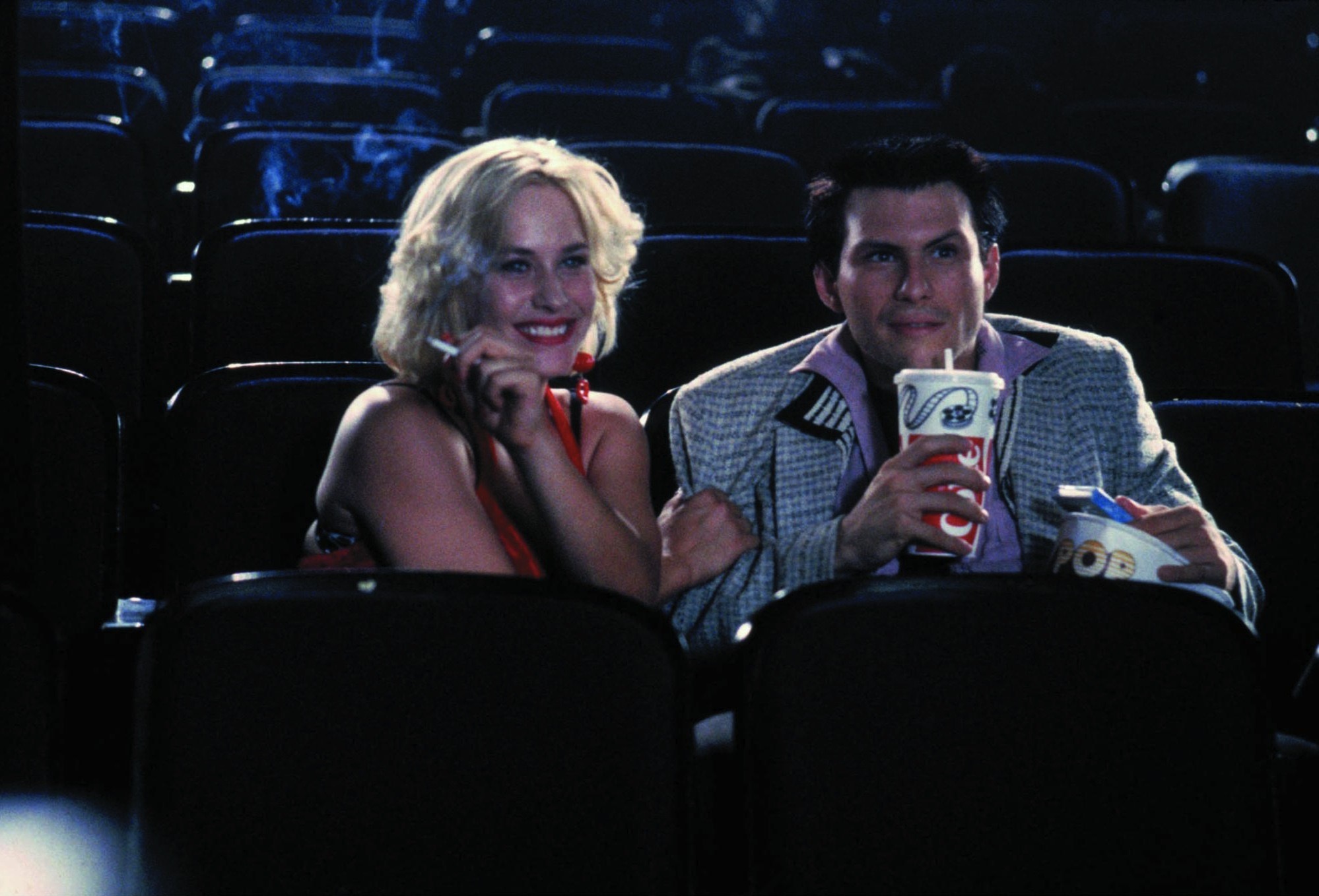
Kael fiercely defended the directors of the so-called ‘New Hollywood’ – Spielberg, Scorsese and Brian De Palma – and had a major beef with Clint Eastwood – saying that Dirty Harry, one of his biggest films, was a “fascist movie,” along with disputes with Woody Allen and John Cassavetes. Tarantino considers Kael as influential as any Hollywood director and a key player in the film industry. “Lady Vinegar”, as she was known in the film world, stood up to Hollywood’s titans and had no qualms about expressing her opinions – often against the tide – loud and clear.
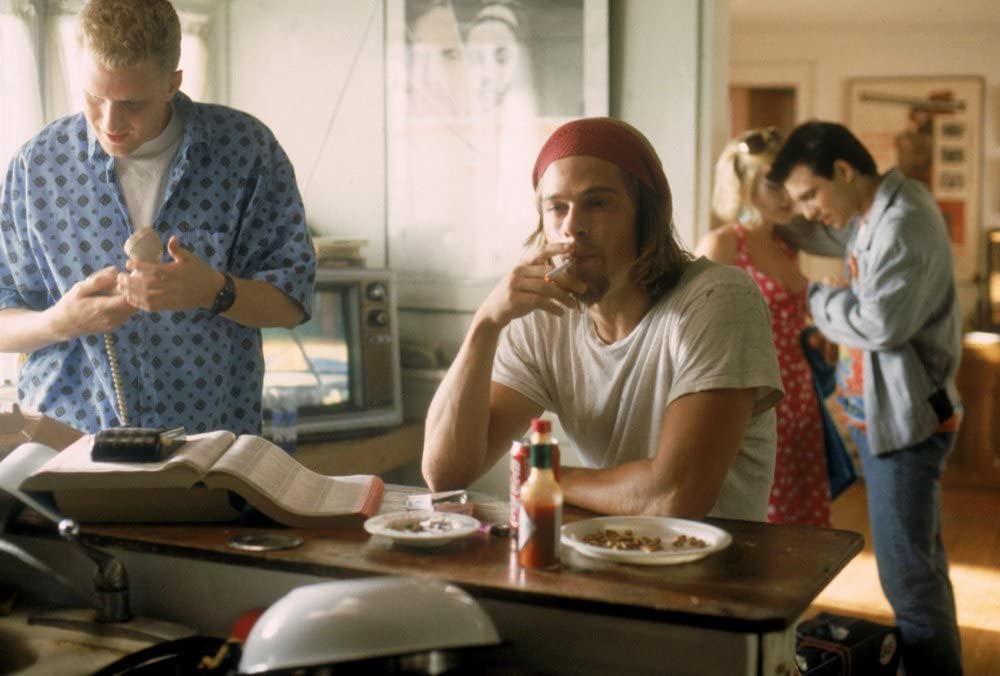
Presuming that the film will be about Pauline, maybe it will go over her run-ins with Eastwood, who took a cheap shot at Pauline Kael in the last Dirty Harry film: ‘The Dead Pool’ (1988), where a masked man who thinks he is a director stabs a film critic called Molly Fisher, Kael’s alter ego, bearing more than a passing resemblance to Kael. Or it could be about the time when Pauline temporarily left her job as a critic to take a consulting position (that quickly failed) at Paramount Studios, hired by Warren Beatty because she loved his part in Bonnie and Clyde.
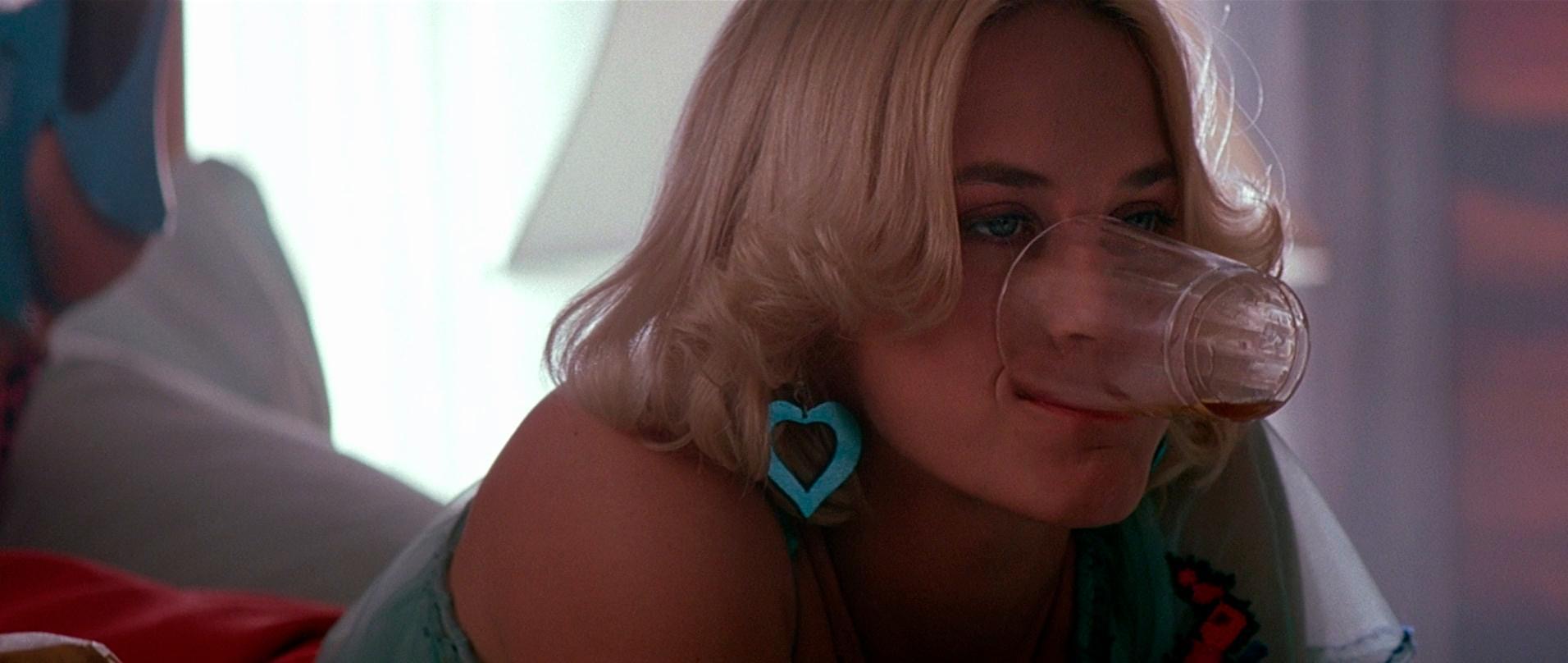
Whether the film is about this legendary film critic or not, we can’t wait to see the 10th movie by Quentin Tarantino while hoping it won’t be the last time.